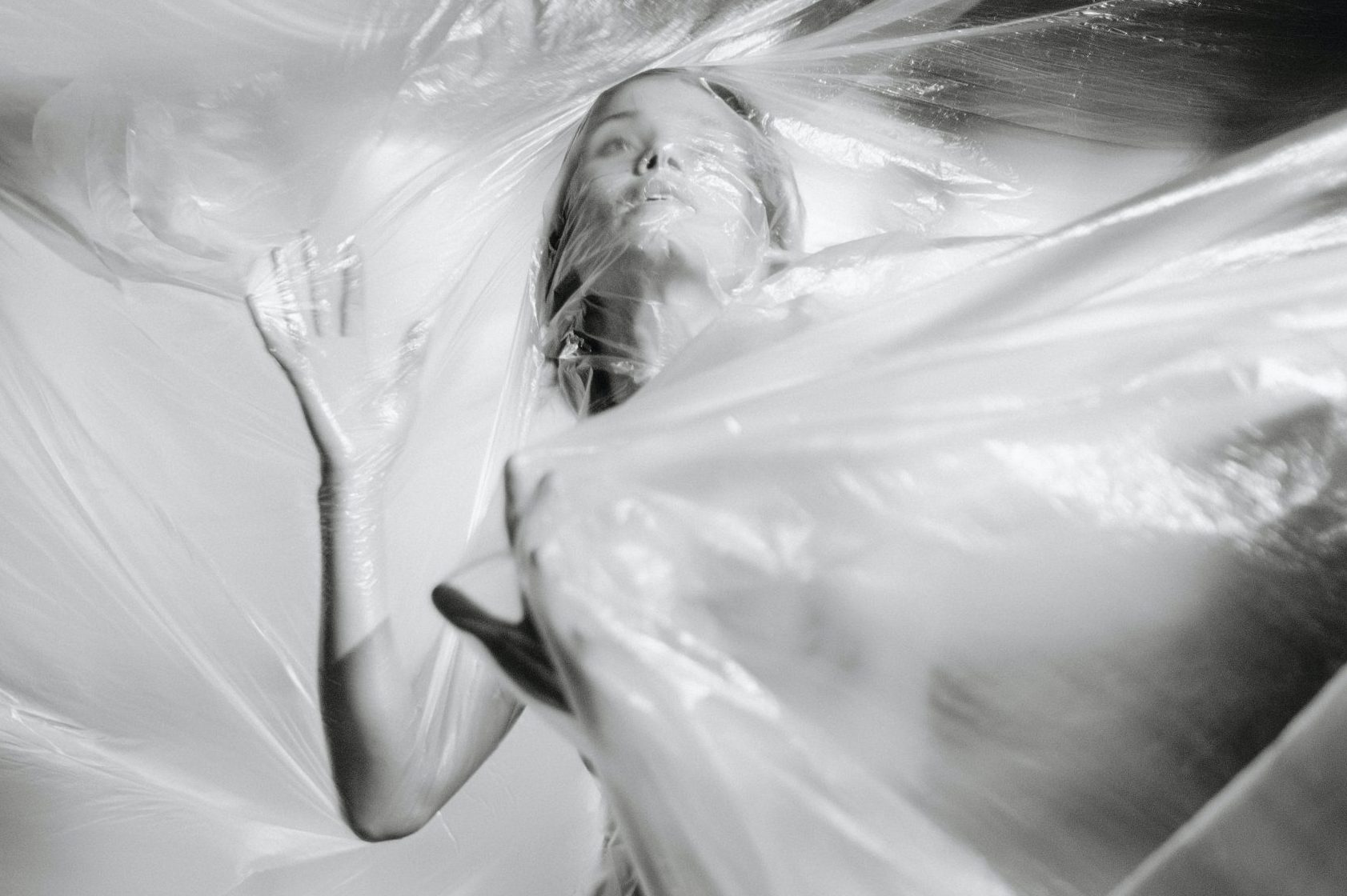This summer I found myself succumbing to the pressure of watching, perhaps the greatest iteration of reality TV of all time, Love Island. It was a very interesting experience, to say the least, and as much as I criticise it, it makes for a fun watch and there is very little surprise why – this really isn’t a time for me to question the tried and tested formula of reality TV.
But to get on with the main idea of this article, a very early episode featured a debate surrounding plastic surgery, why women get it, and the perception towards it. It got me into thinking about the age-old question: Is plastic surgery feminist? Especially in the recent years, wherein plastic surgery rates have grown rampant – with a 22% increase between 2000 and 2020 in the US – and feminist actions have been generalised to any decision a woman makes.
One stark difference I have noticed since moving to the UK – or, more broadly, the Western world – and perhaps for others the loud presence of Western voices in media, is the individualistic and liberal approach to modern discourse. We see this in the face of the pandemic where discussions of self-interest and personal freedom reign. And this individualist mindset is certainly not a hugely problematic issue as it is, for the most part, a force of good. The problem, however, is when there is an excess and we have what many could describe as hyper-individualism.
As Z.A. Casey argues, hyper-individualism is “the tendency, in a liberal individualist society, for social actors to understand themselves as disparate entities rather than primarily as members of collectives or groups.” He goes on to argue the way of being that is Liberal individualism, wherein the primary social actor is “an individual who is capable of transcending any and all social categories that that person might be a part of.”
This is a very important discussion we need to have in the face of this discussion of feminism and the choices that women make. A natural bridge towards the notions of liberal feminism cannot be avoided, wherein M. Maynard discusses how the achievement of gender equality and reform is concentrated within the framework of liberal democracy. Hence the feminism that is born out of that framework emphasises “the value of freedom and hold that the just state ensures freedom for individuals,” that is, women. This separates the feminist struggle between positive and negative freedom, i.e. freedom to and freedom from. Individualism mainly prioritises the former.
Given this hyper-individualistic framework that prioritises the self, people are more likely to believe or posit that choices exist in a vacuum. And thus, more and more women recently have gone under the knife under the guise of self-empowerment and argued that they are doing it for themselves and is thus feminist. This breeds the idea of choice feminism wherein all decisions made by a woman are seen as inherently feminist. But is that the case?
In reality, as sociologist W. Little states, “Personal decisions an individual makes do not exist in a vacuum.” We are too entrenched in the patriarchy for our choices to exist in a vacuum. In this sense, one cannot truly alter the way they look for themselves as it aids in the overall perception of the beauty standard, which has often disadvantaged other women. While not every choice is meant to be a political statement, one is never in control of the repercussions of that choice. The repercussions of choice here comes in the form of the trappings of the beauty standard, which still highlights external restraints within the feminist movement. This further indicates an issue of having no negative liberty, that is, freedom from “absence of obstacles, barriers or constraints”. The female beauty standard reigns supreme and continually feeds into the male gaze. Thus, this idea of having choices to do feminist actions, to me, seems only to be an illusion. This means that female liberation in the form of inherently feminist choices does not necessarily liberate women at all.
Also, not to say that this idea of choice feminism is exclusively a Western challenge, as many others fall into this trap, but a culture of individualism more easily lends itself into this mental trap. Further, I am not condemning plastic surgery at all. Because at the end of the day those choices can empower women and I will always support the individual rights of certain women to feel that way. My issue is the labelling of these concepts as inherently feminist ideas because when you break it down to its core, you’ll find that it doesn’t always serve the purpose of feminism other than the patriarchal male gaze that continually haunts all women.
At this point, we have no idea of what it is like to be free from the patriarchy and as much as one can say that they have decided to act outside the framework of fitting in the male gaze, I personally don’t think that can be the case – as most choices can always be traced back to the patriarchy. Not only that, if we are to investigate the dual-systems theory of feminism, wherein women’s oppression is built on the patriarchy and the capitalist world, plastic surgery is at the cross-section of this, as it both feeds into the male gaze and the commodification of beauty. This begs the question of what happens when you don’t fit into that male gaze and cannot afford to fit in? That is to say, the many other women who are almost set back by the overpromotion of plastic surgery.
Hence, when Sharon and Faye went on to lecture Hugo about the reasons why women go under the knife, I don’t think it’s wrong. But these arguments, both in this scenario and the real world if you may, have gone on to argue that plastic surgery is – in itself – feminist when the reality may not be the case. Hyper-individualism has enabled choice feminism and I don’t personally think is a force for good.
Religion, Philosophy, and Ethics, 2nd Year






0 Comments